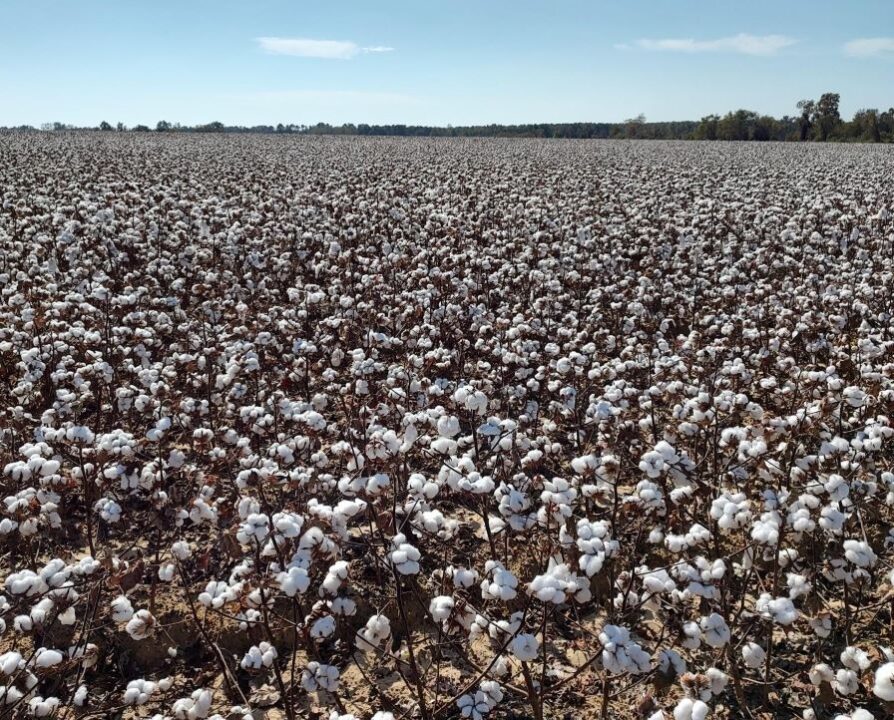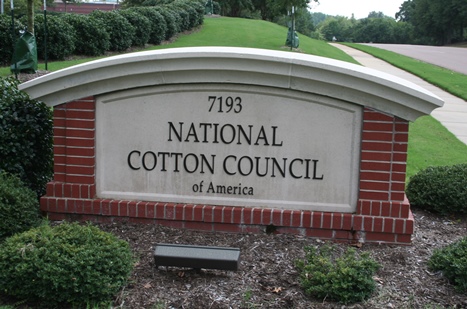Continued Outreach and Engagement is Essential for the Cotton Industry
Opportunities to presell the environmental friendliness of cotton in non-commodity applications can arise based on effective outreach and engagement with a broader audience.
Plastic pollution is currently receiving the highest attention with the recent conclusion of the 4th session of the intergovernmental negotiating committee to negotiate global plastic treaty held in Ottawa, Canada, in late April. Importantly, the document on plastic production and pollution prepared by the United Nations Environmental Program was used as an aide memoir during the discussion.
According to the document, there is a link between plastic pollution and human health and the environment. It calls for ending the pollution, instructing the need for bold vision and planning. This gives impetus for natural fiber sectors like cotton to go in high gear regarding cotton productivity and quality improvements, thinking beyond the commodity and common fashion products. There needs to be more encouragement for developing advanced products from cotton and natural fibers that can serve as alternatives to plastics. Importantly, the industry must be involved in outreach and engagement to tell positive stories of cotton and how it can combat pollution.
Leading cotton associations like the National Cotton Council, Cotton Incorporated, and the Cotton Association of India are doing their part to promote the positive values of cotton by supporting research and marketing campaigns.
In addition to these efforts, it is important that these campaigns reach youngsters at middle and high schools, colleges, and universities, as these are future consumers with independent decision making and buying powers.
In the United States, which is one of the leading cotton producers and exporters of cotton, academic institutes emphasize the importance of outreach and engagement with the industry and society. Such efforts must be replicated in other cotton-producing nations where there are active engagements with stakeholders to gather the latest information and increase the footprint of cotton in various products.
An engagement activity from our Texas Tech laboratory – “Lab in a Bag” – is aimed at highlighting the advanced applications of cotton to school students and the public by taking a portable laboratory and conducting experiments, helping to whet the public’s appetite on cotton and its advanced applications.
We have engaged with stakeholders and students in the United States and India to promote cotton in industrial applications via both in-person and virtual presentations.
Experiments with cotton were conducted in forums organized by the Workforce Solutions of Texas in agricultural towns such as Muleshoe and Plainview. Demonstrations also form a vital part of presentations made in the Lubbock Chamber of Commerce’s events such as Young Leaders Forum, STEM Nights hosted in elementary schools, and more.
In India, which is a major cotton producing and consuming country, the positive aspects of cotton and its applications to clean-up toxic oil spills are regularly presented in forums organized by the Textile Association of India and in institutions like Kumaraguru College of Technology and Avinashilingam Institute for Home Science & Higher Education.
The nonwovens and advanced textiles industry can explore opportunities in cotton and other natural fibers by engaging with institute and academia such as the Central Institute for Research on Cotton Technology in Mumbai, and with the Mandela Fellows from Africa, among others.










